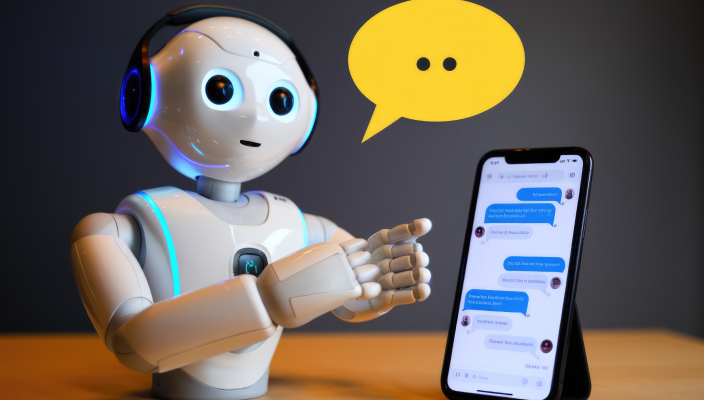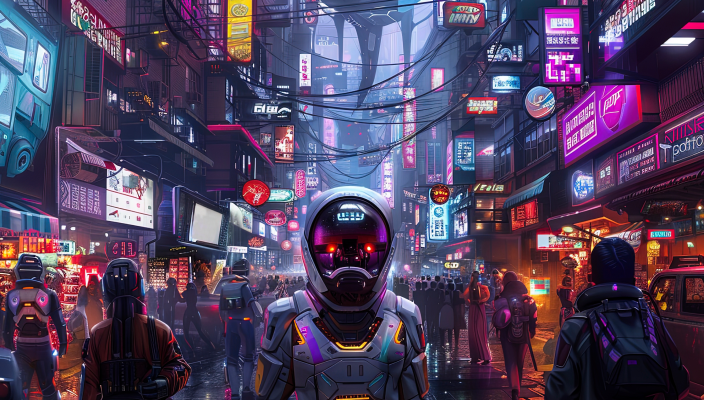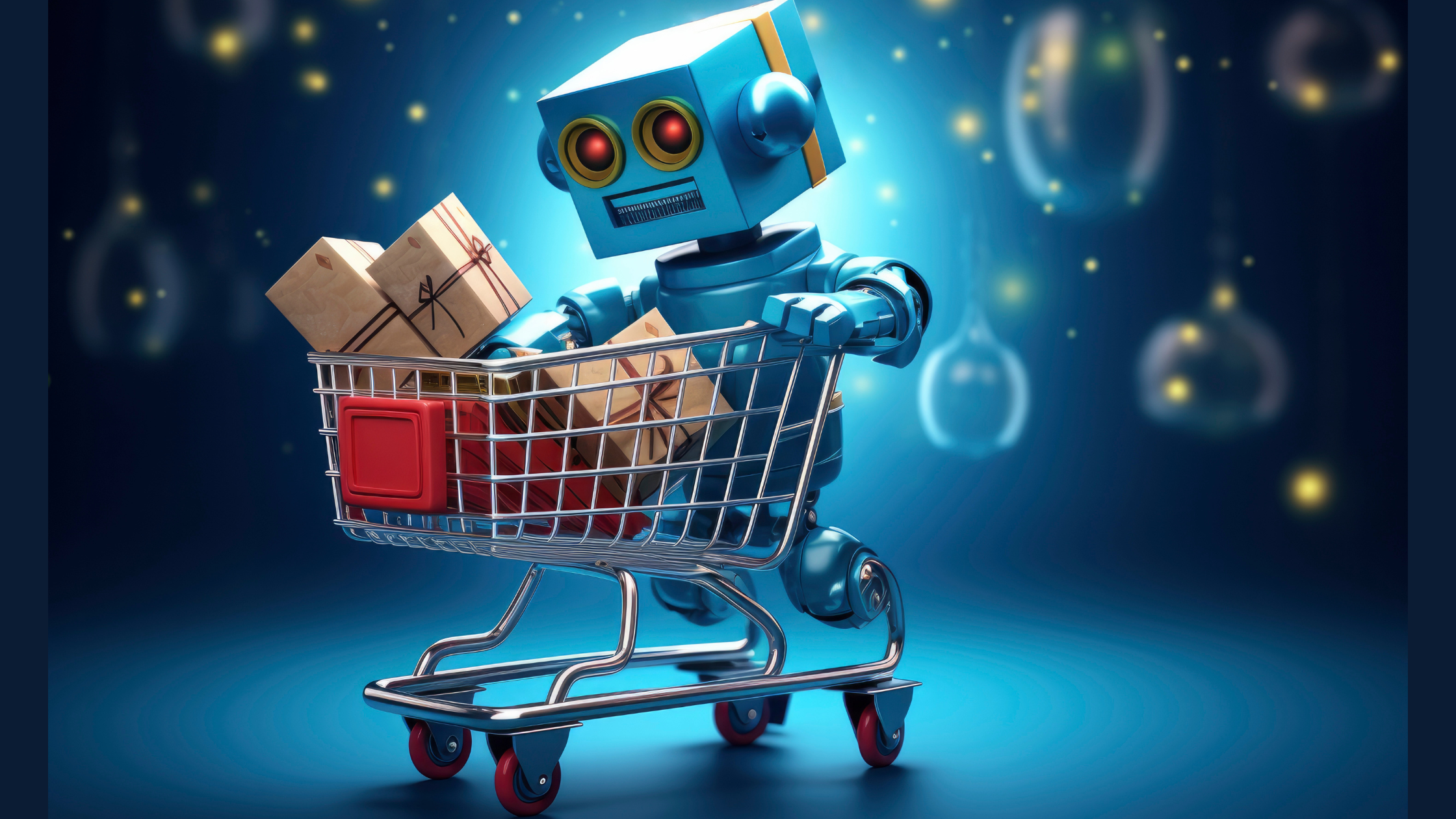As we move closer to 2025, AI technologies are set to become an integral part of software development, helping businesses automate processes, make smarter decisions, and create immersive user experiences. This article explores the top AI technologies transforming the software industry, from machine learning and deep learning to NLP and computer vision, and their impact across various industries.
What is AI Technologies?
AI technologies refer to a range of advanced methods and tools that enable software systems to perform tasks that typically require human intelligence. These technologies allow applications to learn, adapt, analyze data, and make predictions, making them valuable across sectors like finance, healthcare, retail, and manufacturing.
How Do AI Technologies Work?
AI technologies work by using algorithms, data, and computational power to mimic human cognition. The process generally involves three key stages:
- Data Collection and Preparation: Gathering and organizing data for the AI model.
- Model Training: Training AI algorithms to recognize patterns and make predictions.
- Deployment and Continuous Learning: Implementing the model into production, where it can adapt and improve with new data over time.
The Main Types of AI Technologies
AI technologies comprise various methods and subfields, each with unique applications in software development. Here are some of the leading types of AI technologies:
- Machine Learning (ML): A core technology where algorithms learn from historical data to make accurate predictions or recommendations. Common in e-commerce and finance.
- Deep Learning: An advanced subset of ML that uses neural networks to process vast amounts of unstructured data, such as images and audio.
- Natural Language Processing (NLP): NLP enables machines to understand and generate human language, powering chatbots, sentiment analysis, and language translation.
- Computer Vision: This technology enables systems to interpret visual data from images or videos, useful in autonomous driving, healthcare imaging, and retail.
Key Features of AI Technologies
AI technologies offer a variety of powerful features that make them highly adaptable for software development:
- Automation: Automating repetitive tasks and processes to enhance productivity.
- Predictive Analytics: Analyzing past data to forecast trends and outcomes.
- Personalization: Delivering tailored experiences based on user data and behavior.
- Scalability: AI systems can handle increasing volumes of data and requests.
- Self-Learning: Continuous improvement over time, adapting to new data and trends.
Tech Stack for AI Technologies
Implementing AI in software development requires a robust tech stack, including:
- Programming Languages: Python, R, JavaScript
- Machine Learning Libraries: TensorFlow, Keras, Scikit-learn, PyTorch
- NLP Tools: SpaCy, NLTK, Google Dialogflow
- Computer Vision Tools: OpenCV, YOLO, Google Vision AI
- Data Storage: Apache Hadoop, MongoDB, SQL databases
- Cloud Platforms: AWS AI, Google Cloud AI, Microsoft Azure AI for scalable deployment
Future Market Prediction of AI Technologies
The AI market is expected to grow exponentially, with analysts predicting a global market size exceeding $300 billion by 2025. This growth is driven by AI’s transformative potential across industries, from automated healthcare diagnostics to real-time fraud detection in finance. Companies that adopt AI technologies early are likely to gain a competitive edge, making these technologies a critical investment for the future.
What Are the Advantages of Using AI Technologies?
1. Enhanced Decision-Making
AI technologies provide actionable insights by analyzing large data sets, allowing businesses to make informed decisions faster. For example, predictive analytics can help e-commerce companies anticipate demand, optimize inventory, and reduce stockouts.
2. Cost Reduction
By automating manual tasks, AI technologies can reduce operational costs and free up human resources for strategic activities. This cost efficiency is especially beneficial for industries such as manufacturing and customer service.
3. Personalized User Experiences
AI technologies allow for highly personalized interactions by analyzing user data and behaviors. For example, recommendation engines on streaming platforms use AI to suggest content tailored to individual preferences.
4. Scalability
AI solutions can scale to accommodate increased data and user requests, making them ideal for businesses experiencing rapid growth or seasonal spikes in demand.
5. Continuous Improvement
AI models improve with each interaction, learning from new data to deliver increasingly accurate predictions and insights. This self-learning ability allows businesses to stay agile in a fast-changing landscape.
Steps to Build an AI Solution
Developing a robust AI solution involves several steps, often guided by experts in AI technologies:
- Define Objectives: Determine the specific goals and applications for AI within your business.
- Data Collection and Cleaning: Gather and prepare data for training the AI model.
- Model Development: Choose appropriate algorithms and frameworks to develop the AI model.
- Testing and Validation: Rigorously test the model to ensure accuracy and reliability.
- Deployment and Monitoring: Deploy the AI model and monitor its performance, making adjustments as needed.
How Much Does It Cost to Develop AI Technologies?
The cost of implementing AI technologies varies widely based on project complexity, data requirements, and customizations. On average, developing an AI-powered solution can range from $50,000 to over $500,000. For businesses looking for tailored solutions, Webllisto offers flexible plans designed to meet varying budgets while maximizing ROI.
Expertise of Webllisto in AI Technologies
At Webllisto, we pride ourselves on delivering customized AI solutions that address specific business challenges. With a team of seasoned AI and machine learning experts, we offer comprehensive AI technology services, from data analysis and model development to full-scale deployment and support. Whether you’re looking to implement predictive analytics, automate workflows, or create personalized customer experiences, Webllisto is here to guide you through every step of the AI journey.
Our Process
- Consultation: Understanding your business needs and goals.
- Design and Development: Building tailored AI models and systems.
- Testing and Optimization: Ensuring top performance and seamless integration.
- Deployment and Ongoing Support: Providing support and maintenance to ensure the best results.
Future Market Prediction of AI Technologies
The future of AI technologies is incredibly promising, with continuous advancements in algorithms, data processing, and hardware. Businesses that adopt AI now will be better prepared to navigate future market shifts. As AI technologies become more accessible and powerful, they will continue to drive innovation, efficiency, and customer satisfaction across industries. Webllisto is committed to staying at the forefront of AI advancements, ensuring our clients remain competitive in this dynamic landscape.
Conclusion
AI technologies have evolved from emerging tools to critical business enablers. By adopting AI solutions, companies can improve decision-making, reduce costs, and enhance customer experiences. As a trusted partner, Webllisto provides expertise in developing and implementing AI technologies to meet the unique needs of businesses across various industries. As we move toward 2025, integrating AI into software development will be crucial for companies aiming to stay competitive in a tech-driven world.
FAQs
- What are AI technologies?
AI technologies refer to tools and methods that allow systems to perform tasks that typically require human intelligence, such as decision-making, language processing, and data analysis. - Why should I consider using AI technologies?
AI technologies offer numerous benefits, including improved efficiency, cost reduction, and data-driven insights that enhance business operations. - What types of AI technologies are there?
Common types include machine learning, deep learning, natural language processing, and computer vision, each with unique applications. - How much does it cost to implement AI technologies?
Costs can vary based on complexity, but AI implementation typically ranges from $50,000 to $500,000 depending on the project. - What industries benefit most from AI?
Industries like healthcare, finance, e-commerce, and manufacturing benefit significantly from AI technologies through automation, predictive analytics, and improved user experiences. - Can AI technologies improve customer engagement?
Yes, AI technologies enable personalized interactions, leading to higher engagement and customer satisfaction. - What’s the difference between machine learning and deep learning?
Machine learning is a broad field where models learn from data, while deep learning uses neural networks to analyze more complex data like images and audio. - How long does it take to develop an AI solution?
Timelines vary, but developing a complete AI solution can take anywhere from a few weeks to several months based on requirements. - Why choose Webllisto for AI technology implementation?
Webllisto offers tailored AI solutions with a focus on seamless integration, scalability, and performance to meet diverse business needs.
10. How do AI technologies impact software development?
AI technologies enhance software development by automating tasks, improving decision-making, and enabling new levels of personalization and efficiency.









































